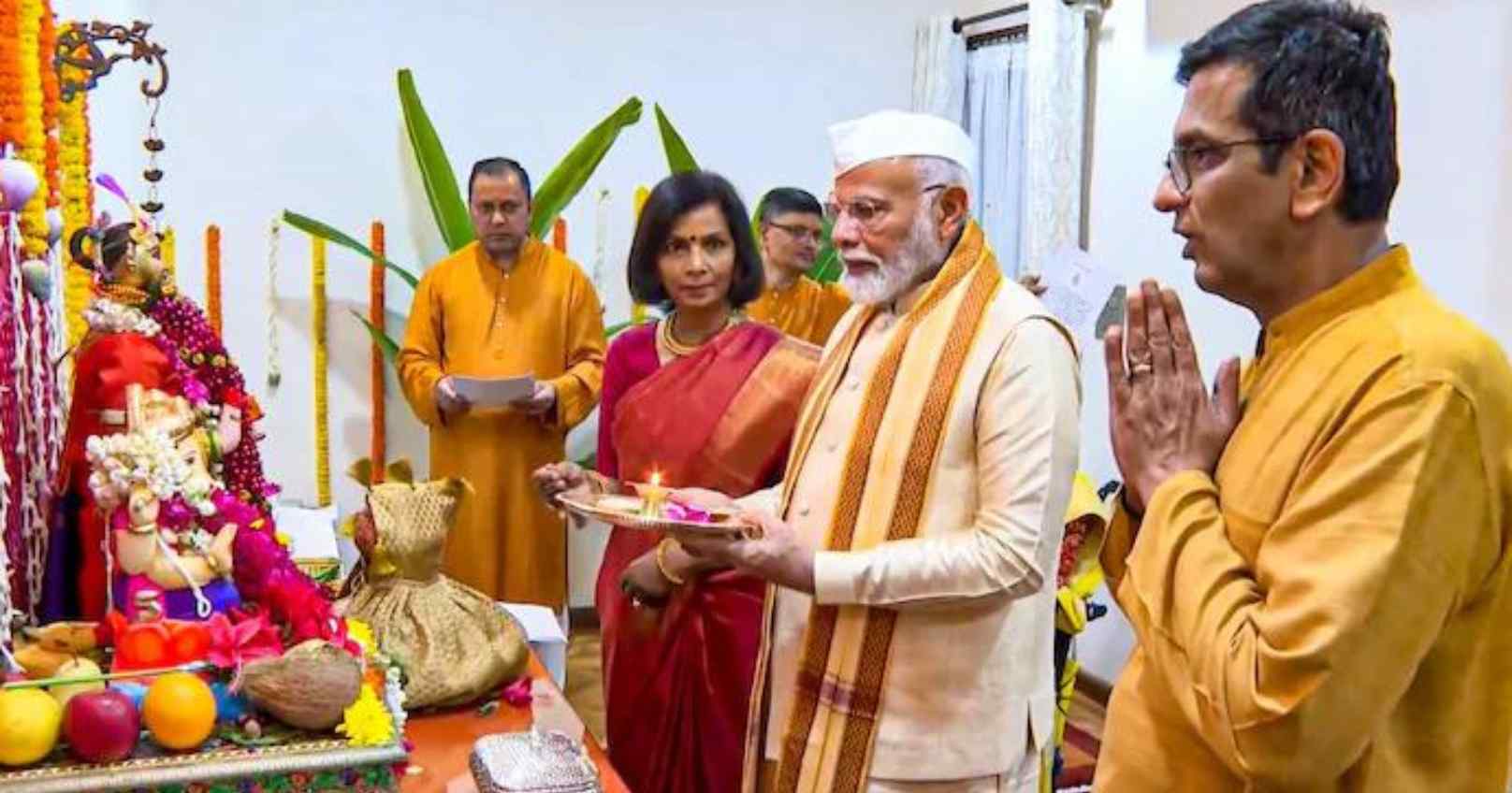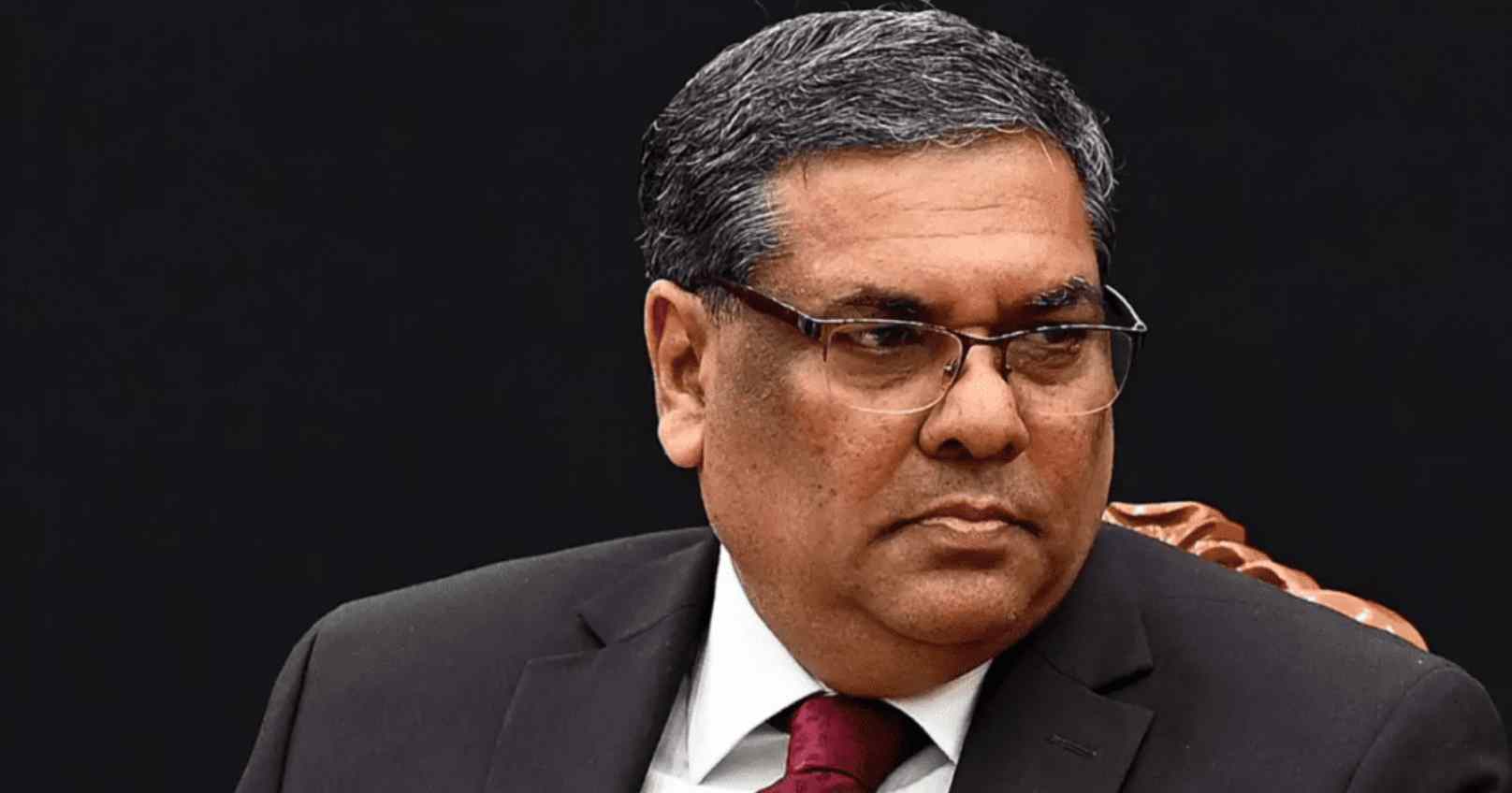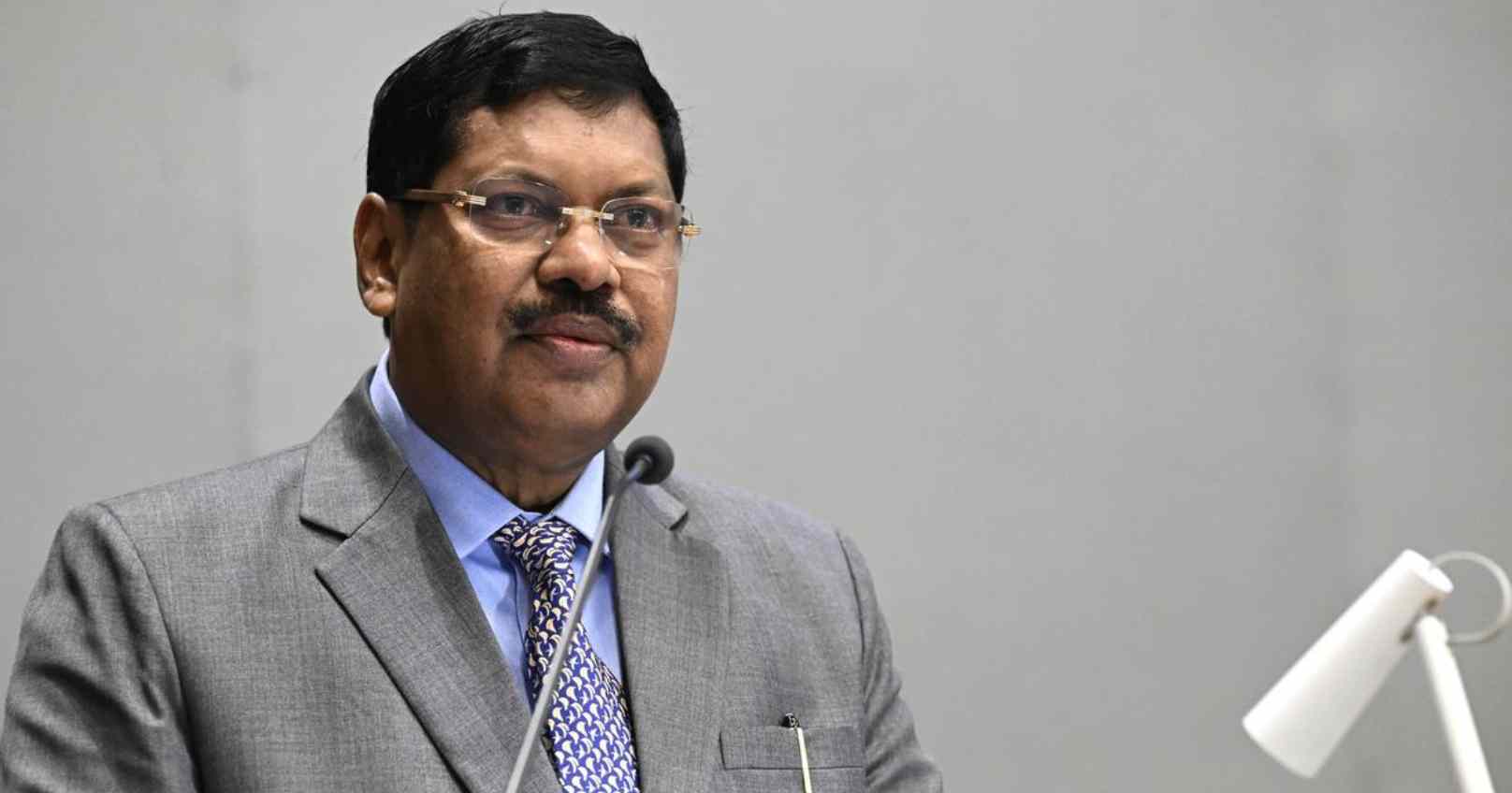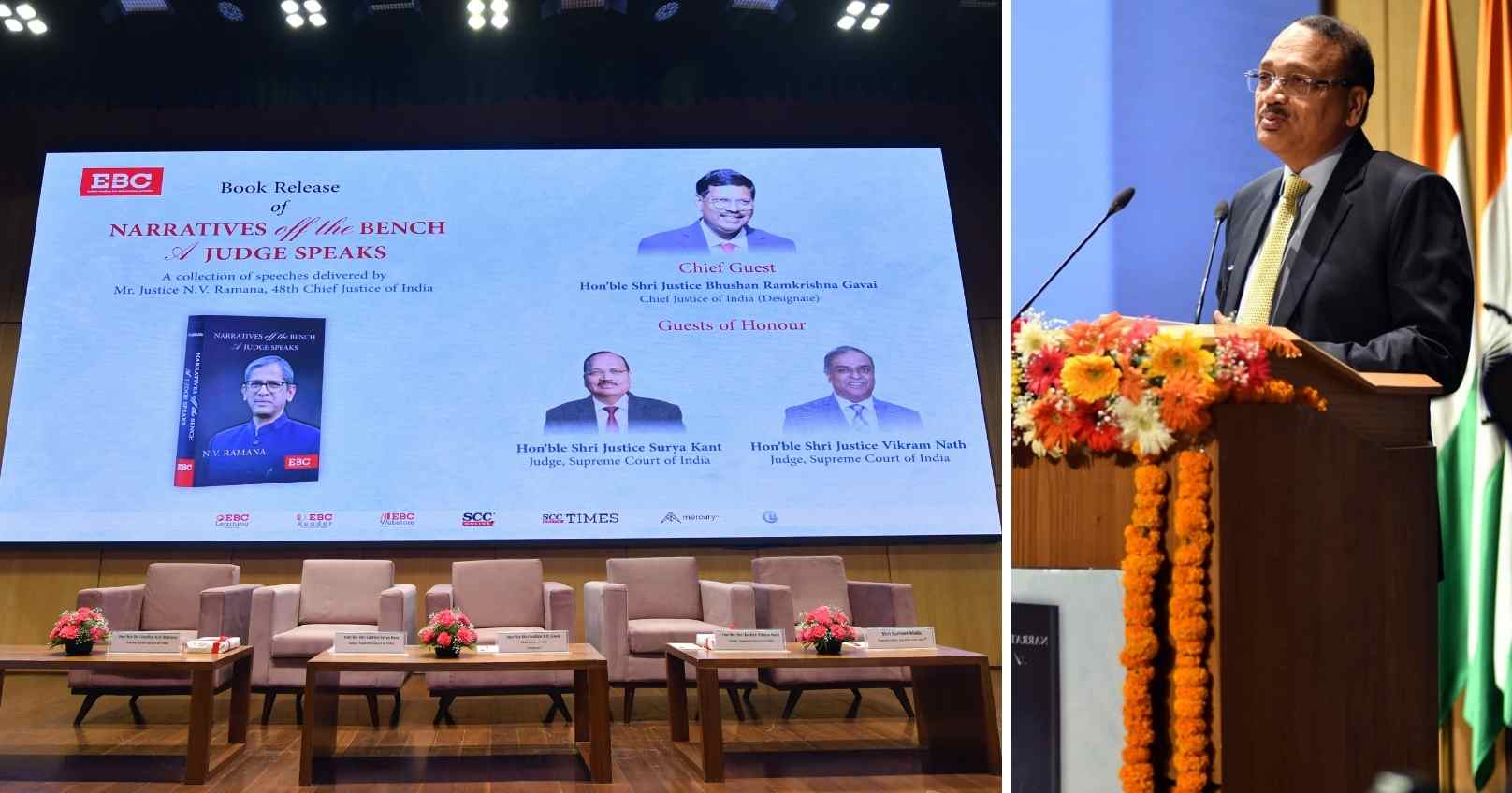Prime Minister Narendra Modi's recent visit to the residence of Chief Justice of India (CJI) DY Chandrachud for Ganesh Chaturthi celebrations in Delhi has stirred controversy, eliciting a range of reactions from opposition leaders and legal experts.
Some opposition leaders and Supreme Court lawyers raised concerns, suggesting that the Prime Minister's participation in the puja at the CJI's home might compromise the separation of powers. Others, however, dismissed the criticism as unwarranted.
Senior Supreme Court lawyer Mahesh Jethmalani called the backlash an "unseemly storm," pointing out that the Ganesh Chaturthi festival holds great cultural and religious significance, particularly in Maharashtra. "It's normal for people to receive invitations for such events. The fact that the guest was the Prime Minister has blown the situation out of proportion," Jethmalani remarked. He argued that while the visit might be unusual, it does not imply any impropriety, criticizing the reaction as "disproportionate."
Jethmalani also questioned the "selective outrage" from the Opposition, referencing the absence of similar concerns during an iftar party hosted by former Prime Minister Manmohan Singh in 2009.
On the other hand, senior advocate Kapil Sibal expressed deeper concerns over the public nature of the event. Speaking at a press conference, Sibal argued that such meetings should not be widely publicized, as they could create perceptions that might undermine the judiciary's independence. "No public figure should highlight a private meeting, especially the Prime Minister," he said, warning of the potential implications for the judiciary's image when courts are frequently ruling on matters involving the government.
Sibal emphasized the need to maintain a clear line between private religious practices and public responsibilities for those holding the nation's highest offices. He concluded, "The circulation of videos and images from the event could harm both individuals and the institution."







